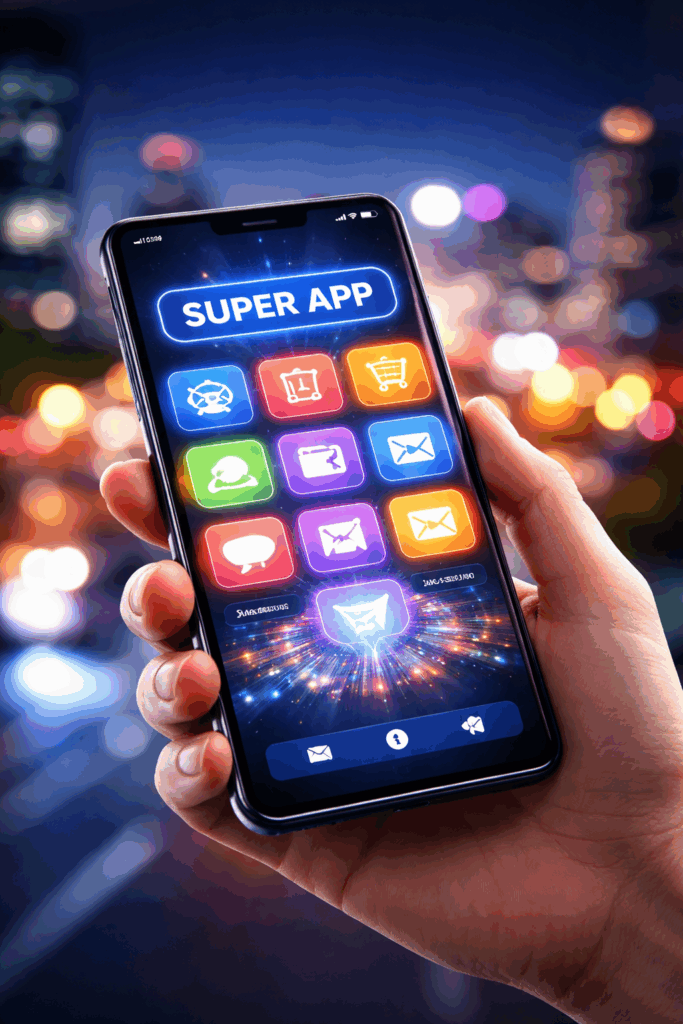
In today’s fast-paced, always-connected world, quality sleep has become a luxury for many. Ironically, while technology often gets blamed for poor sleep — endless scrolling, notifications, and blue light — it can also be a powerful ally when used the right way. From smart devices to AI-driven apps, modern tech offers effective tools to help you fall asleep faster, rest deeper, and wake up refreshed.
Let’s explore how technology, when balanced correctly, can transform your nighttime habits and boost your overall well-being.
Before using technology to improve sleep, it’s important to understand how your body regulates rest.
Sleep operates on a circadian rhythm, an internal clock that controls your wake–sleep cycle over a 24-hour period. This rhythm is influenced by light exposure, temperature, and even your eating schedule.
When your body senses darkness, it releases melatonin, a hormone that promotes sleep. However, exposure to artificial light — especially from phone and laptop screens — delays melatonin production, making it harder to fall asleep.
That’s where technology can actually help. With tools that simulate natural lighting, track sleep stages, and analyze patterns, you can use science to support your biological rhythm rather than disrupt it.
Your bedroom plays a key role in how well you sleep. Smart devices can help create the ideal conditions for rest by adjusting light, temperature, and sound.
Devices like Philips Hue and Casper Glow Light simulate the natural sunrise and sunset, gently signaling your brain when it’s time to sleep or wake up. Dimming lights an hour before bed helps your body gradually prepare for rest.
Temperature has a major impact on sleep quality. Studies suggest that 18°C (65°F) is the optimal sleeping temperature. Smart thermostats like Nest or Ecobee automatically adjust your room temperature throughout the night to maintain comfort.
Tech like LectroFan or SleepMe masks disruptive sounds with soothing noise frequencies. Whether it’s ocean waves, rainfall, or static hum, white noise helps block out background disturbances that may interrupt deep sleep cycles.
One of the biggest advancements in sleep technology is data tracking. Apps and wearable devices now provide detailed insights into your sleep stages, duration, and quality.
Popular apps include:
These tools not only track but also recommend improvements — like earlier bedtimes, breathing exercises, or reduced caffeine — based on your personal sleep data.
The key benefit is awareness. When you can see how your habits affect your rest, it’s easier to make meaningful changes.
One of the biggest barriers to sleep is an overactive mind. Anxiety, stress, and digital overstimulation make it difficult to unwind. Fortunately, several apps use neuroscience and mindfulness techniques to calm the brain before bedtime.
Apps like Calm, Headspace, and Insight Timer offer guided meditations, breathing exercises, and bedtime stories that slow down brainwave activity. They activate the parasympathetic nervous system, helping the body shift from “fight or flight” mode to “rest and digest.”
Music therapy is another powerful sleep aid. Platforms such as Endel use AI to generate personalized soundscapes that adapt to your mood and heart rate. These ambient sounds help synchronize your breathing and heart rhythms, promoting faster relaxation.
Newer digital programs like Somryst use evidence-based Cognitive Behavioral Therapy for Insomnia (CBT-I), helping users reframe thoughts that interfere with sleep. This clinical approach, now available via app, is shown to be one of the most effective long-term solutions for insomnia.
While technology can enhance sleep, overuse can do the opposite. Notifications, bright screens, and endless content stimulate the brain when it should be winding down. The key is digital discipline.
Here are simple ways to strike the balance:
Creating a tech-free bedtime zone — ideally 30 to 60 minutes before sleep — allows your mind to reset and prepares your body for rest naturally.
Remember, technology should serve you, not control you.
Technology doesn’t have to be the enemy of good sleep — it can be the solution.
When used mindfully, modern tools like smart lights, sleep trackers, and meditation apps can help align your body’s rhythm, calm your mind, and create an environment designed for rest.
The ultimate secret lies in balance: combining the power of innovation with simple human habits — breathing deeply, resting fully, and respecting your body’s need for restoration.
Because in a world that never stops, a good night’s sleep remains the most revolutionary act of self-care.